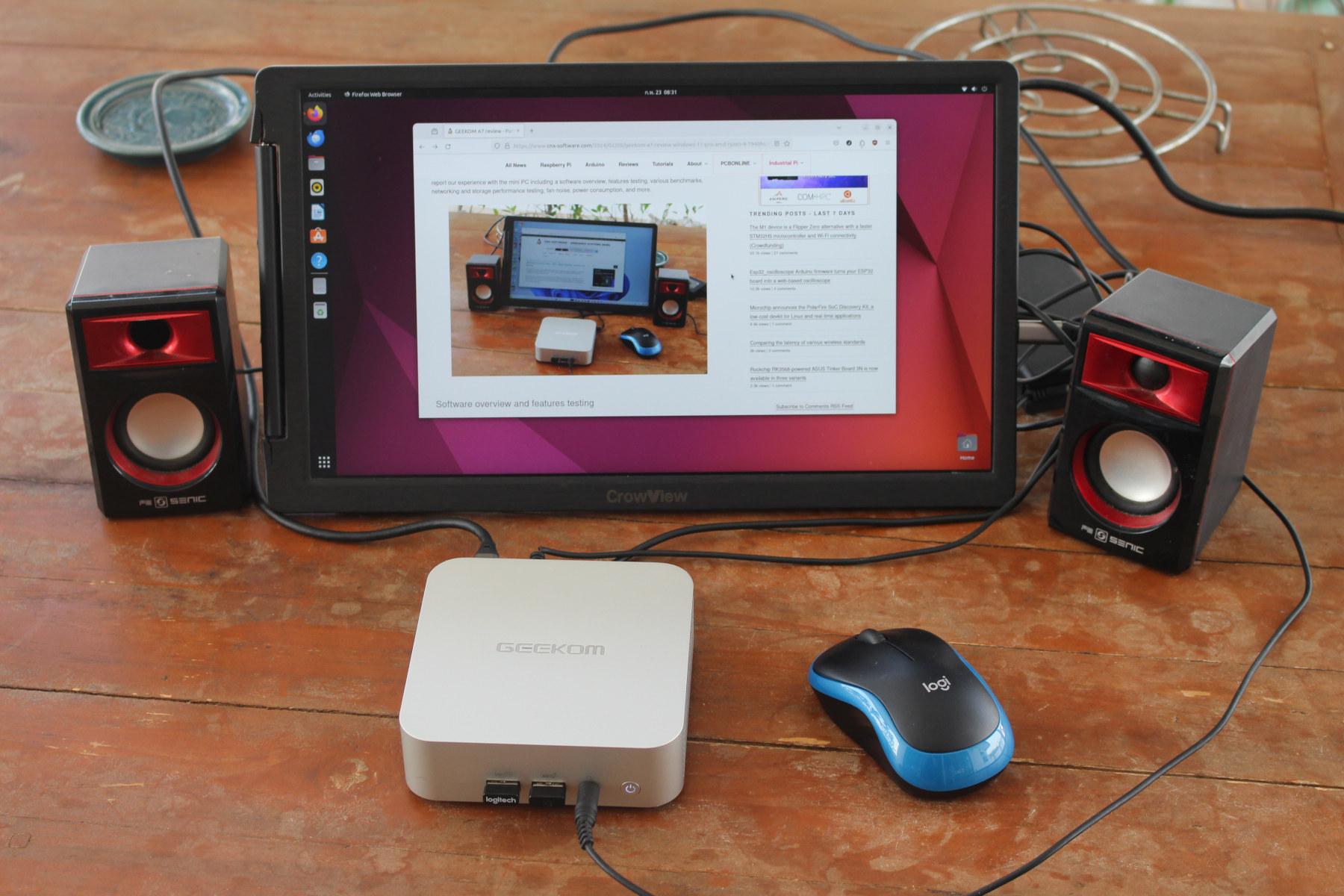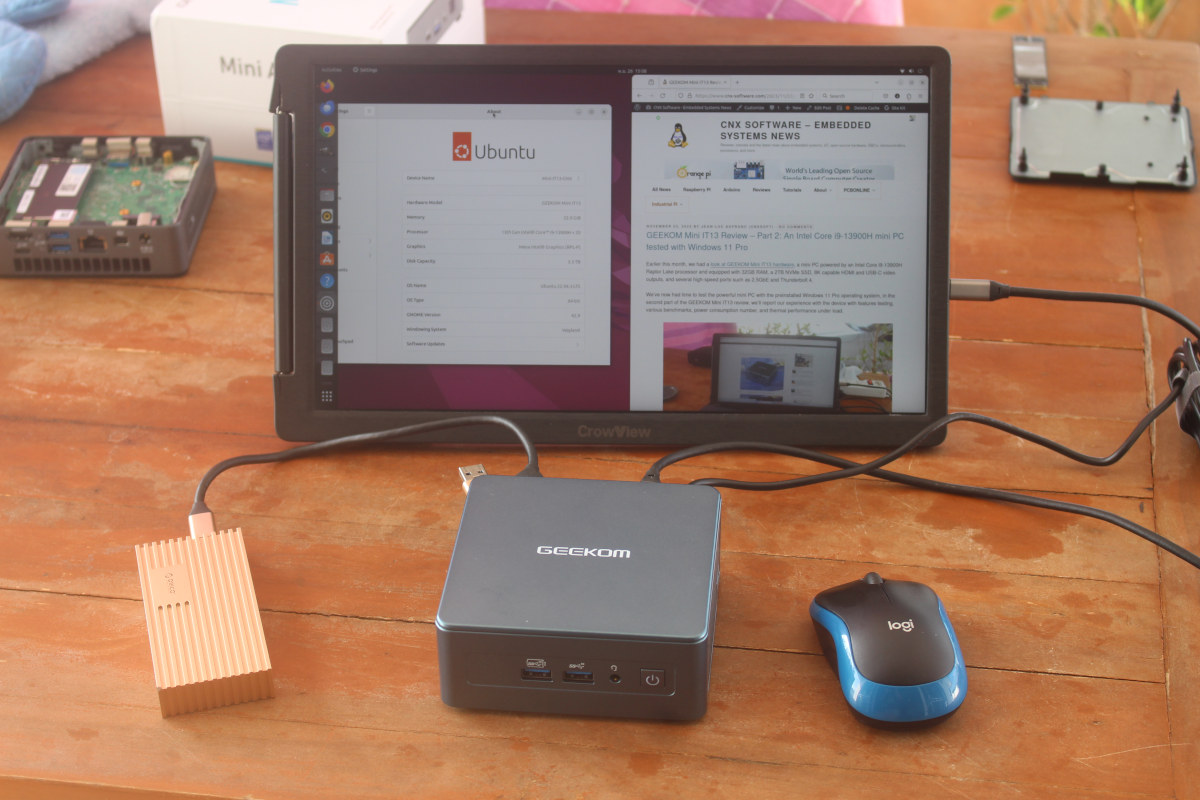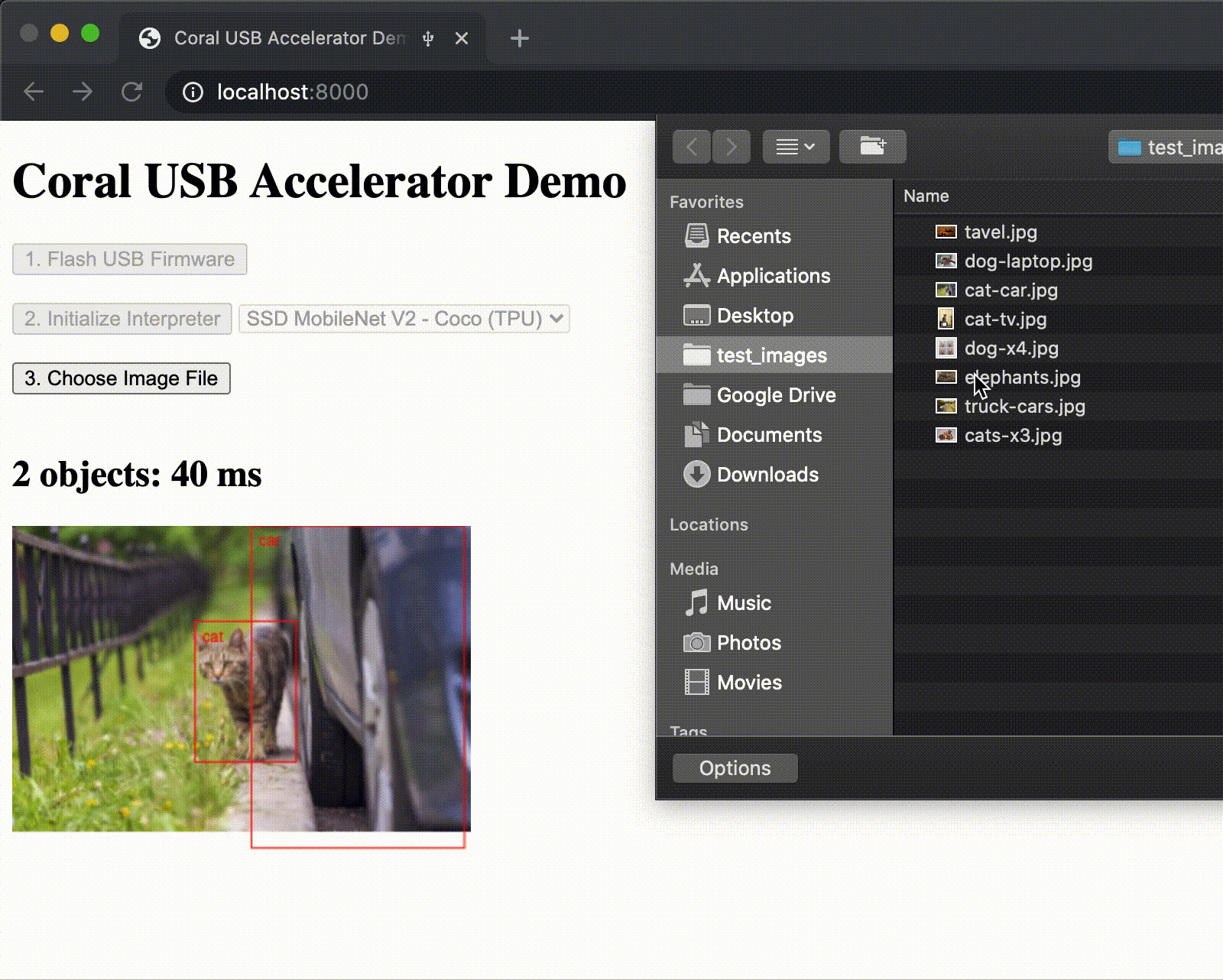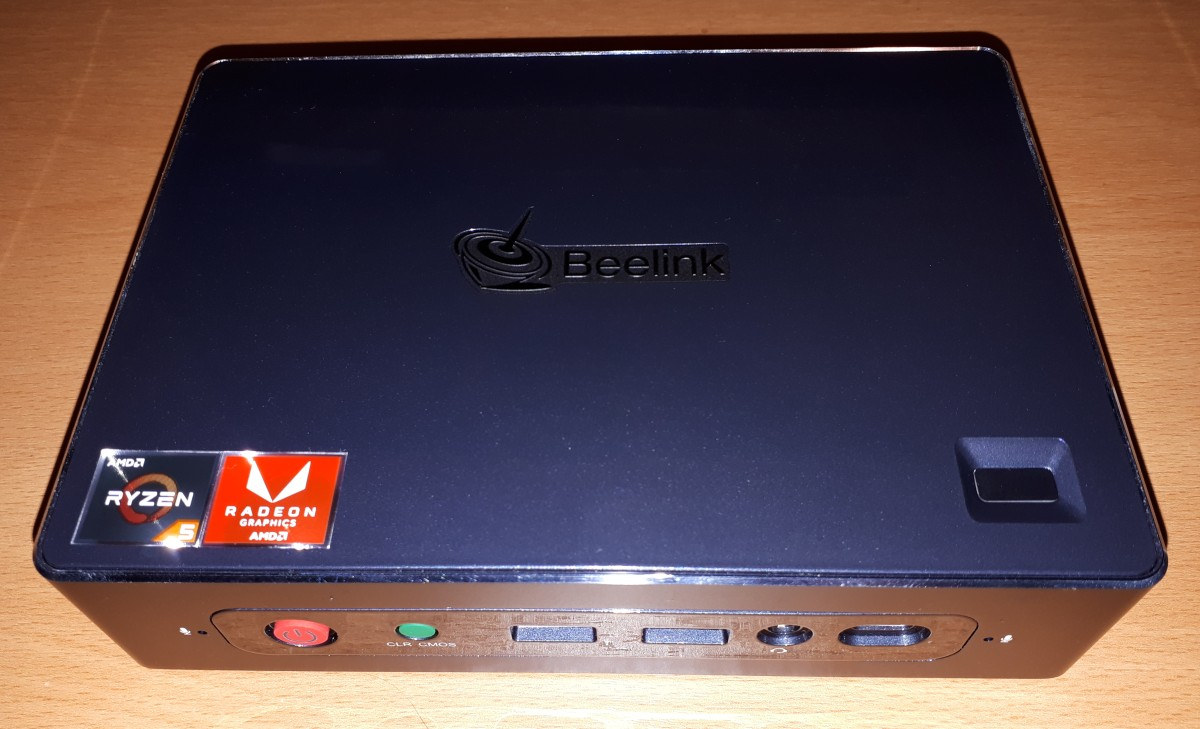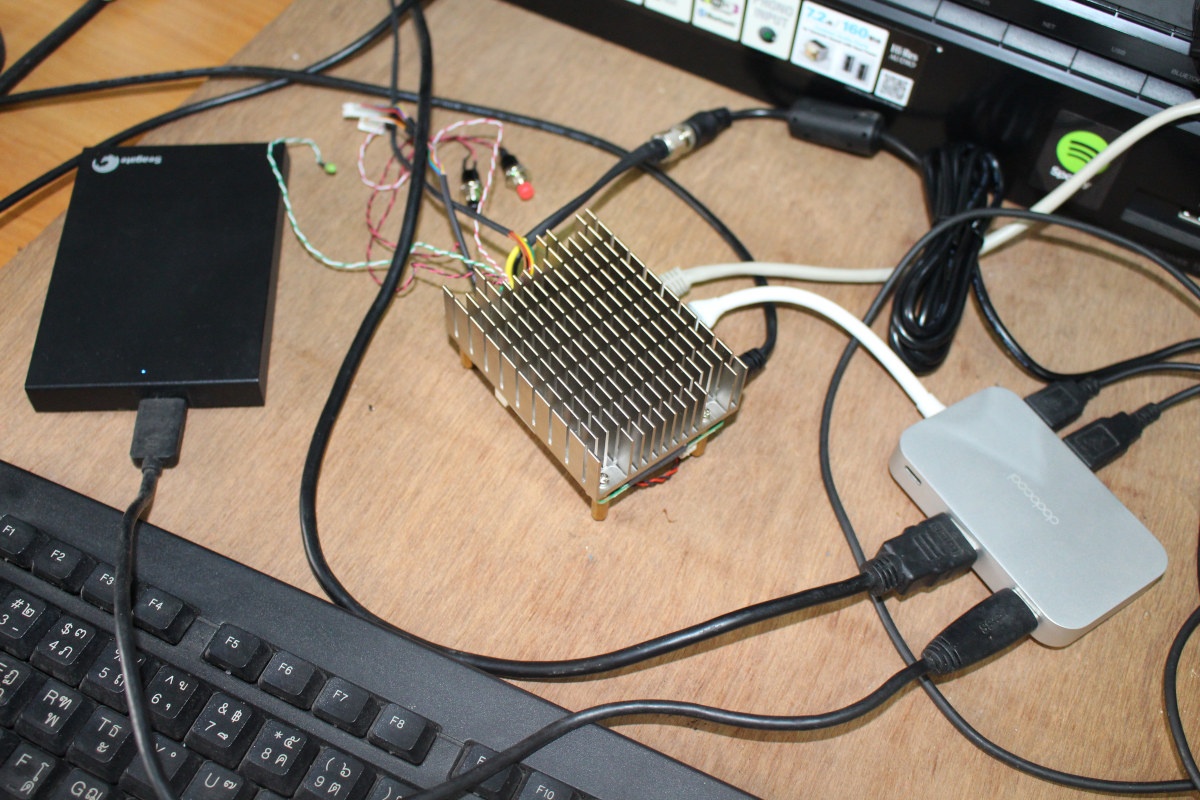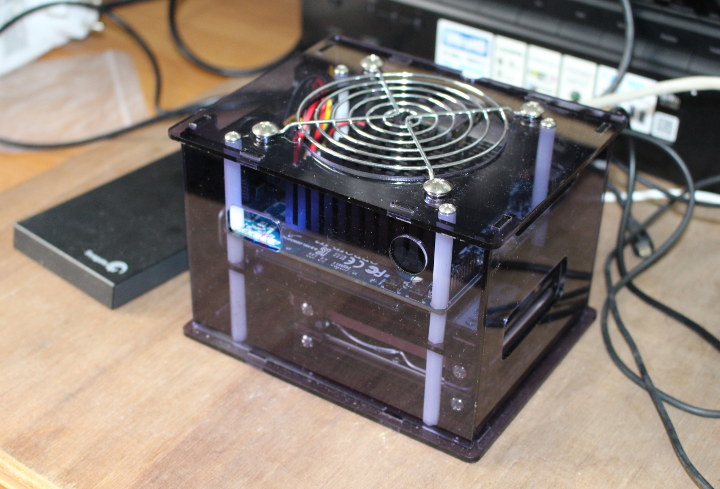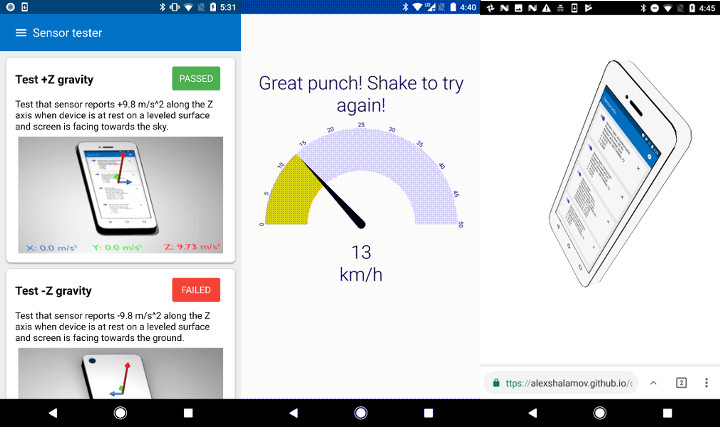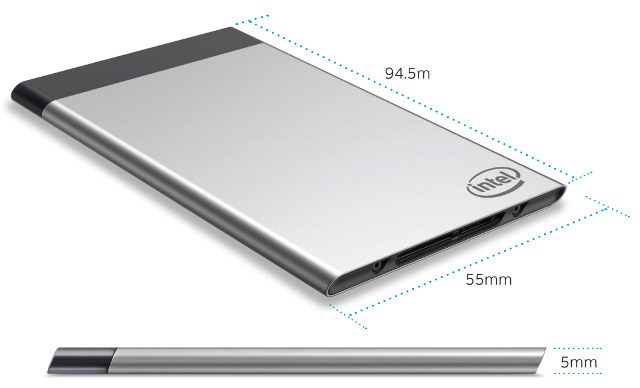After a GEEKOM A7 mini PC unboxing and teardown, I tested the AMD Ryzen 9 7940HS mini PC in Windows 11 Pro, but I’ll now report my experience with the GEEKOM A7 running Ubuntu 22.04.4 to see our well the AMD Ryzen 9 7940HS system performs in Linux. I also had to install Ubuntu 24.04 to check the wireless module further, so I’ll report on that too. The Ubuntu 22.04 review will include features testing, several benchmarks, storage, 2.5GbE, and WiFi 6 networking performance testing, a stress test to check thermal performance, as well as fan noise and power consumption measurements. Ubuntu 22.04 installation I resized the Windows 11 partition to get an unused 500GB partition to install Ubuntu 22.04 from a USB drive. But the first time, it did not work as I was asked to disable BitLocker disk encryption in Windows 11 just like I did for the […]
GEEKOM Mini IT13 review – Part 3: Ubuntu 22.04 tested on an Intel Core i9-13900H mini PC
We published the review of the Core i9-13900H powered GEEKOM Mini IT13 mini PC in Windows 11 Pro earlier this week and have now installed Ubuntu 22.04 and tested the machine with the Linux-based operating system in detail with benchmarks, features testing, networking and storage performance tests, power consumption, and thermal performance which we will report in this third and final part of the review. Installing Ubuntu 22.04 on GEEKOM Mini IT13 I shrank the Windows partition by about 500 MB in Disk Management in Windows 11 (Disk 1) in order to install Ubuntu 22.04.3 in dual boot configuration. The installation went smoothly using WiFi 6 to retrieve newer files and I could log in to the Ubuntu 22.04 desktop. But there was a trick, as I had to go to Windows first to select “Advanced Startup” and select Ubuntu on the next boot since the GRUB menu would just […]
Coral Dev board news – NXP critical firmware update, manufacturing demo, and WebCoral in Chrome
Google Coral is a family of development boards, modules, M.2/mPCIe cards, and USB sticks with support with local AI, aka on-device or offline AI, based on Google Edge TPU. The company has just published some updates with one important firmware update, a manufacturing demo for worker safety & visual inspection, and the ability to use the Coral USB accelerator in Chrome. Coral firmware update prevents board’s excessive wear and tear If you own the original Coral development board or system-on-module based on NXP i.MX 8M processor, you may want to update your Mendel Linux installation with:
|
1 2 |
sudo apt update sudo apt dist-upgrade |
The update includes a patch from NXP with a critical fix to part of the SoC power configuration. Without this patch, the SoC might overstress and the lifetime of your board could be reduced. Note this only affects NXP-based boards, so other Coral products such as Coral Dev Mini powered by Mediatek MT8167S […]
Beelink GT-R Review – An AMD Ryzen 5 Mini PC Tested with Windows 10 and Ubuntu 20.04
Whilst Windows mini PCs have traditionally used Intel processors similar small form factor (SFF) devices using AMD based processors have recently been announced and Beelink is amongst the first manufacturers to deliver one with their newly released GT-R mini PC. Available as a barebones device and in various configurations Beelink sent a fully configured model for review. Hardware overview The Beelink GT-R is a slightly larger mini PC physically consisting of a 168 mm x 120 mm x 39 mm (6.61 x 4.72 x 1.54 inches) rectangular metal case with a plastic top. It is an actively cooled mini PC that uses a (previous generation) Zen+ microarchitecture 12 nm Ryzen 5 3550H mobile processor which is a quad-core 8-thread 2.1 GHz processor boosting to 3.7 GHz with Radeon Vega 8 Graphics. The front panel has a power button, two 3.0 USB ports, a headphone jack, and a Type-C USB port […]
DFI Ryzen Embedded R1606G SBC Review – Part 2: Windows 10 Enterprise LTSC
DFI GHF51 is an AMD Ryzen Embedded R1606G SBC for industrial application that’s about the size of the Raspberry Pi Model B board, and after checking out the hardware in the first of part of the review “DFI GHF51 AMD Ryzen Embedded SBC Review – Part 1: Unboxing and Assembly“, I’ve now had time to play with the board running the pre-installed Windows 10 Enterprise LTSC operating system. DFI GHF51 Hardware Connections Since there aren’t any full-sized USB ports, you’ll need a USB-C hub to get started as you’ll probably want to connect a USB keyboard and mouse for development and testing, as well as a Micro HDMI cable to connect to a TV or display. I tried both MINIX NEO C Plus and Dodocool DC30S USB Type-C hubs, and the former did not work at all, while the latter mostly worked. I also connected an HDMI cable to the […]
ODROID-H2 Review – Part 2: Ubuntu 19.04
After many months of delays due to Intel not mass-producing Gemini Lake processors, Hardkernel started selling ODROID-H2 again, more exactly ODROID-H2 Rev. B, and the end of last month, and the company sent me a full kit for evaluation. You can check out ODROID-H Rev. B with Type 3 case and the assembly instructions in the first part of the review. I’ve now had time to play with the board using the pre-installed Ubuntu 19.04 operating systems so I’ll report my experience in this second part. Note that ODROID-H2 does not rely on a custom version of Ubuntu, and instead you can download and flash Ubuntu 18.04 or 19.04 ISO directly from Ubuntu website. First Boot and System Information I had already connected two SATA drives inside the enclosure, one SSD and one HDD, but before booting the device I connected an HDMI cable, one Ethernet cable, USB keyboard & […]
Chrome 67 to Support the Generic Sensor API for Accelerometers, Gyroscopes, and Fusion Sensors
Once upon a time, web browsers were used to… well, browse the web, but overtime, features and API have been added to run apps with the ability to control hardware like webcams using the Media Capture API, GPIOs using JavaScript (e.g. node.js), or handle Bluetooth connectivity though the Web Bluetooth API. The W3C Generic Sensor API is one of the latest proposed API, and defines a framework for exposing sensor data to the Open Web Platform in a consistent way. Google has just announced Chrome 67 beta supports the new API. Four types of sensors are supported for now: accelerometer, gyroscope, orientation sensor combining accelerometer and gyroscope data, and motion sensor, another fusion sensor leveraging data from a magnetometer as well as the accelerometer and the gyroscope for example to act as a virtual compass. You can test the Sensor API on your phone or other device with sensors running […]
Intel Compute Cards Review – Windows 10 and Ubuntu 17.04 on CD1C64GK, CD1P64GK and CD1M3128MK
The Intel Compute Stick revolutionized the mini PC market through the introduction of x86 based processors making Windows available as an OS option. However, for Intel the biggest target market turned out to be business rather than consumer with digital signage being a key user. As a result Intel have responded with the introduction of the Intel Compute Card. So far they have released four versions of card: and they they differ from compute sticks by no longer being standalone mini PCs but dependent on a dock or host device. The card itself is relatively small with a footprint slightly larger than a standard credit card: and is distinguished by the back being printed with details about the card including the model: The lack of emphasis on the consumer market is also evident in the rather unobtrusive plain packaging: On the end that inserts into the dock or host device […]


